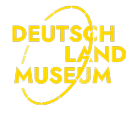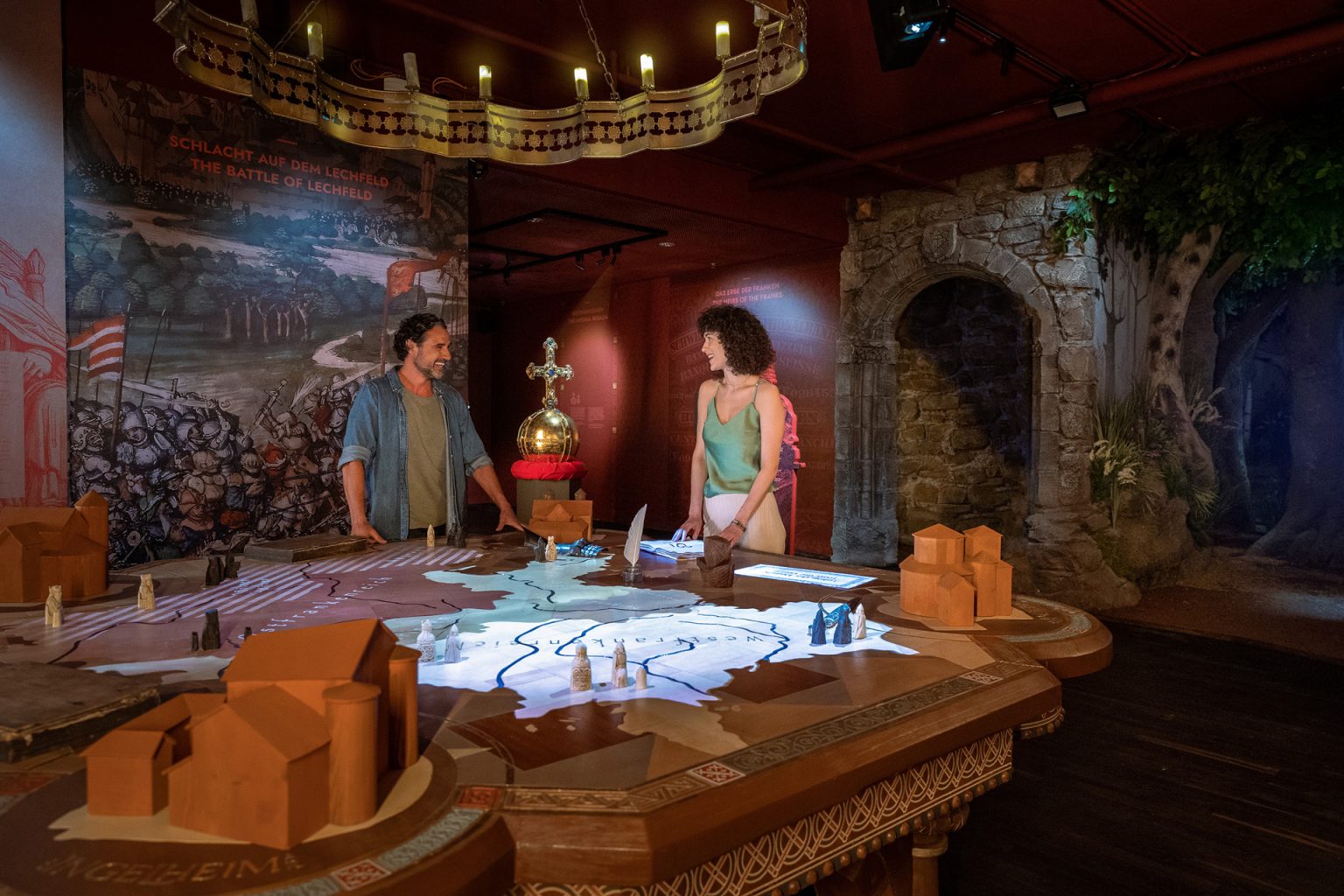
Early Middle Ages
955
Early Middle Ages
Great rulers and new empires
The Early Middle Ages covers the period from the fall of the Western Roman Empire in 476 AD to the end of Ottonian rule in 1024 AD. Europe underwent major changes during this period, and new empires ruled by Germanic tribes were the basis for the development of what would become contemporary European states.
The Carolingian Empire under Charlemagne
The power vacuum left by the end of Roman rule in the 5th century was filled by several empires established by migrating Germanic tribes. The Franks conquered sizeable parts of western and central Europe to form a large empire by the 8th century. Expanded by Charlemagne, this empire experienced a growth in learning and culture known as the Carolingian Renaissance.
Considered as the most important ruler of the early Middle Ages, Charlemagne was a good general and used the political stability that resulted from military success to gather scholars from all over Europe at his court. Promoting education throughout his empire, he oversaw the establishment of a new script called “Carolingian minuscule”, which went on to form the basis of contemporary Western forms of writing.
Seeking to unite the disparate peoples in his new Empire, Charlemagne promoted Christian faith and practice throughout his lands. Evangelism was backed up by the force of arms, and his war against the pagan Saxons lasted for 30 years. In 800 AD, at the height of his power, Charlemagne was crowned Emperor by the Pope.
Charlemagne’s successors divided the vast Frankish Empire amongst themselves. This division provided the nucleus for the later development of France out of West Francia and Germany from East Francia.
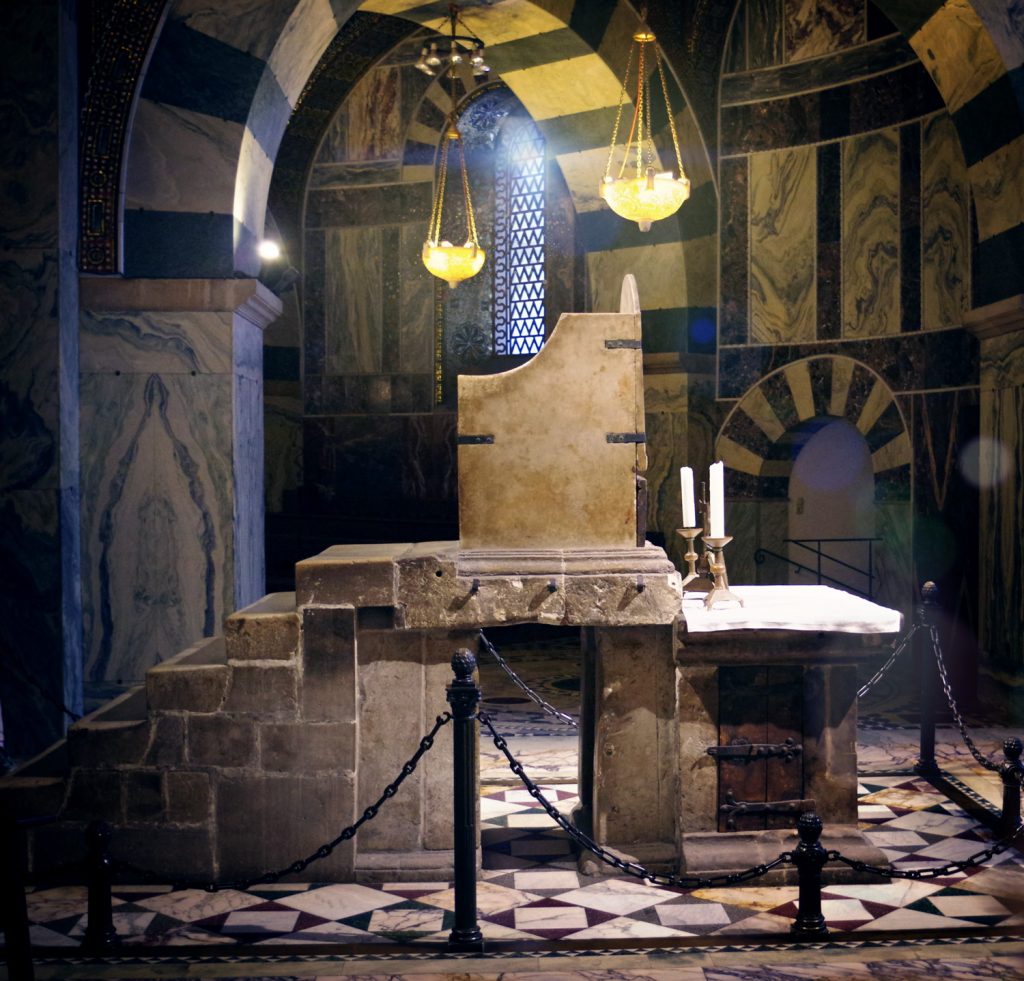
Almost all Roman–German kings were crowned on the throne of Charlemagne in Aachen (source: Wikimedia Commons, Berthold Werner, CC BY-SA 3.0 DEED)
Otto the Great: the first German emperor
Although the Eastern Franks fell under the sway of the Ottonian dynasty in the 10th century, the new rulers were unable to consolidate their power. They remained dependent on the consent of tribal dukes, whose power and influence prevented the development of a unitary Empire.
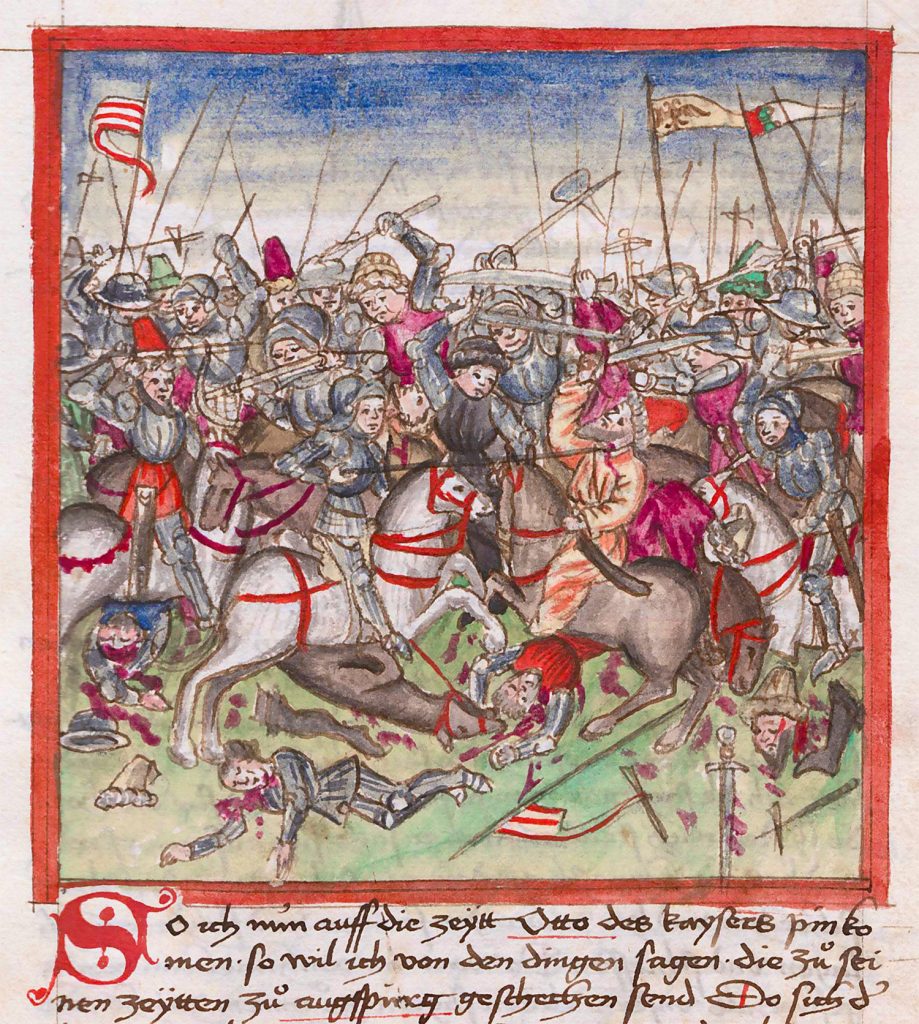
A turning point in German history: the Battle of Lechfeld Illustration from Sigismund Meisterlin’s Nuremberg Chronicle, 1457 (source: Bayerische Staatsbibliothek, CC BY-NC-SA 4.0 DEED)
Repeated incursions by swift Hungarian cavalrymen provided the incentive for the disunited duchies to accept the leadership of the tough yet diplomatic Otto I. He forged the Frankish tribes into an effective army that was able to defeat the lightly-armed Hungarians near Augsburg at the Battle of Lechfeld (955 AD). This enabled Otto to consolidate his position as unrivalled ruler of the Eastern Franks. Crowned Roman-German Emperor by the Pope in 962 AD, Otto the Great, as he was known thereafter, was able to establish himself as a worthy successor to the great Charlemagne. Otto’s coronation is now considered the moment at which the Holy Roman Empire of the German Nation was established.
Share article
0955
The East Frankish King Otto consolidated his power through victory over the Hungarians in 955; he was crowned emperor in 962.
Epochen im Museum
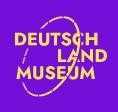
About the Deutschlandmuseum
An immersive and innovative experience museum about 2000 years of German history
The forest of the Varus Battle
Knowledge is just one click away
Embark on a journey through 2,000 years of German history. One country, 12 epochs. You’re invited to experience the Epoch Weeks at the Deutschlandmuseum. Every week we showcase an epoch that is also on display in the Deutschlandmuseum.
FAQ
The Middle Ages covered the period between antiquity and modern times, i.e. c. 500 AD to 1500 AD. This period is subdivided into the Early, High and Late Middle Ages.
The Early Middle Ages in Central Europe range from the fall of the Western Roman Empire in 476 AD to the end of Ottonian rule in 1024 AD.
The rise of new empires, dominions and languages that formed the basis for many modern European countries and cultures.
The most famous events were Charlemagne’s coronation as emperor in 800 AD and Otto the Great’s victory in the Battle of Lechfeld in 955 AD.
